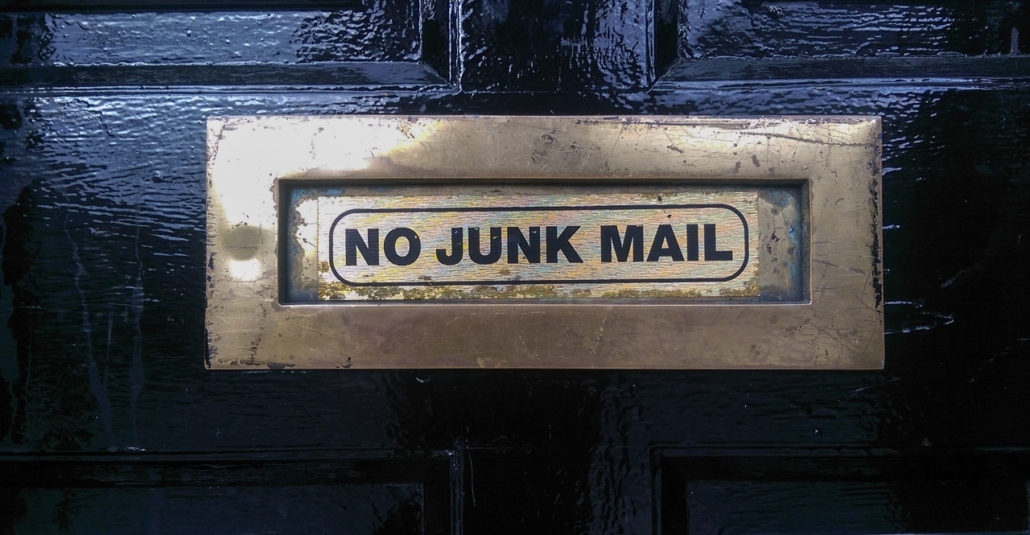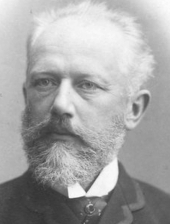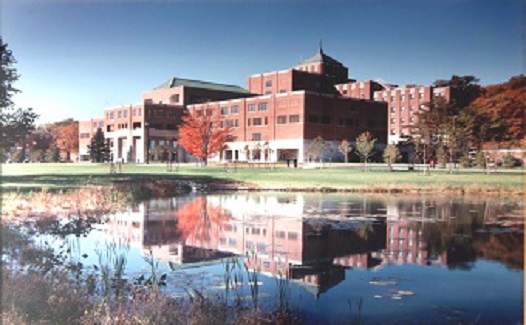Benjamin Franklin preferred the turkey as the national bird of the United States, but he never publicly voiced his opposition to the bald eagle.
In a letter to his daughter, Sarah Bache, on January 26, 1783, he wrote how he disapproved of the Society of Cincinnati, which he described as a chivalric order, for having a bald eagle in its crest.
He wrote, “Others object to the bald eagle, as looking too much like a Dindon [turkey]. For my own part I wish the bald eagle had not been chosen the representative of our country. He is a bird of bad moral character. He does not get his living honestly. You may have seen him perched on some dead tree near the river, where, too lazy to fish for himself, he watches the labour of the fishing hawk [osprey]; and when that diligent bird has at length taken a fish, and is bearing it to his nest for the support of his mate and young ones, the bald eagle pursues him and takes it from him.”
The wild turkey, throughout its range, plays a significant role in the cultures of many Native American tribes all over North America. Eastern Native American tribes consumed both the eggs and meat. They provided habitat by burning down portions of forests to create artificial meadows which would attract mating birds, and thus making the hunting of the turkeys much easier.
Of course, clothing and headdress of many chiefs and significant people of the tribe were made from turkey feathers.
Thanksgiving is next week, but do we really know anything about the bird that we cherish at our dinner tables on that day?
There are two species of large birds in the genus Meleagris native to North America. The domestic turkey is the bird most commonly referred to when the term “turkey” is used.
Turkeys have a distinctive fleshy wattle that hangs from the underside of the beak, and a fleshy bulge that hangs from the top of its beak called a snood. As with many species, the female (hen) is smaller than the male (tom or gobbler), and much less colorful. With wingspans of almost six feet, the turkeys are by far the largest birds in the open forests in which they live, and are rarely mistaken for any other species.
When Europeans first encountered turkeys in the Americas they incorrectly identified the birds as a type of guineafowl, also known as a turkey-cock from its importation to Central Europe through Turkey, and the name of that country stuck as the name of the bird. The confusion is also reflected in the scientific name: meleagris is Greek for guinea-fowl.
The name given to a group of turkeys is a rafter, although they are sometimes incorrectly referred to as a gobble or flock.
Several other birds which are sometimes called turkeys are particularly closely related: the Australian brush-turkey and the Australian Bustard. The bird sometimes called a Water Turkey is actually an Anhinga.
While the large domestic turkey is generally unable to fly, the smaller wild turkey can fly extremely well. This is usually enough to perch in the branches of trees, however, it is an ineffective method of transportation. Turkey chicks are unable to fly for the first two weeks after they hatch.
And what about the first Thanksgiving? Many myths.
As the Puritans prepared for winter in 1621, they gathered anything they could find, including Wampanoag supplies.
One day, Samoset, a leader of the Abenaki, and Tisquantum (better known as Squanto) visited the settlers. Squanto was a Wampanoag who had experience with other settlers and knew English. Squanto helped the settlers grow corn and use fish to fertilize their fields. After several meetings, a formal agreement was made between the settlers and the native people and they joined together to protect each other from other tribes in March 1621.
One day that fall, four settlers were sent to hunt for food for a harvest celebration. The Wampanoag heard gunshots and alerted their leader, Massasoit, who thought the English might be preparing for war. Massasoit visited the English settlement with 90 of his men to see if the war rumor was true.
Soon after their visit, the Native Americans realized that the English were only hunting for the harvest celebration. Massasoit sent some of his own men to hunt deer for the feast and for three days, the English and native men, women, and children ate together. The meal consisted of deer, corn, shellfish, and roasted meat, far from today’s traditional Thanksgiving feast. Notice, there was no turkey.
Although prayers and thanks were probably offered at the 1621 harvest gathering, the first recorded religious Thanksgiving Day in Plymouth happened two years later in 1623. On this occasion, the colonists gave thanks to God for rain after a two-month drought.
Much of what most modern Americans eat on Thanksgiving was not available in 1621.
The peace between the Native Americans and settlers lasted for only a generation. The Wampanoag people do not share in the popular reverence for the traditional New England Thanksgiving. For them, the holiday is a reminder of betrayal and bloodshed. Since 1970, many native people have gathered at the statue of Massasoit in Plymouth, Massachusetts, each Thanksgiving Day to remember their ancestors and the strength of the Wampanoag.
One other thing about the turkey. Did you know that it missed by one vote of being our national bird instead of the bald eagle.
Kind of gives you some food for thought, doesn’t it?
Roland’s trivia question of the week:
Which Super Bowl was the only one not designated with Roman numerals?
Answer can be found here.
 by Peter Cates
by Peter Cates

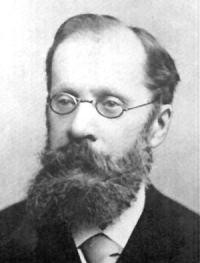
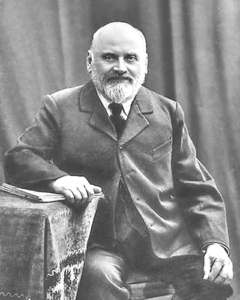

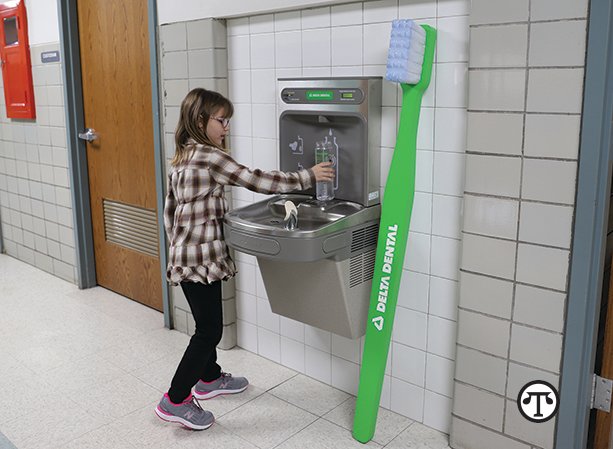


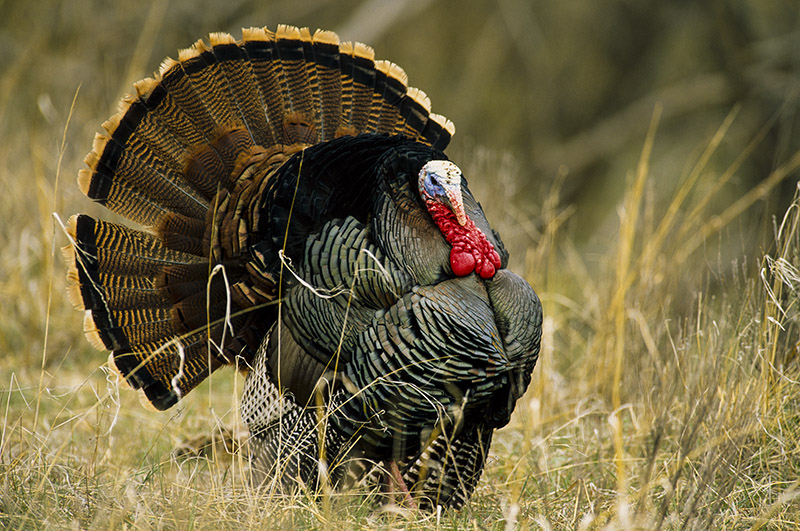

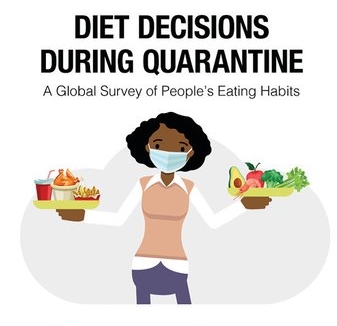
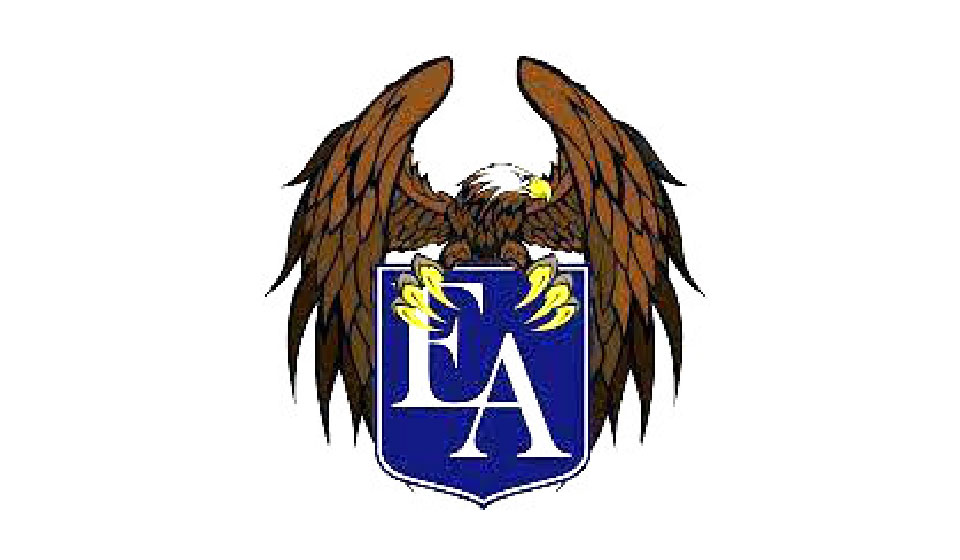 STUDENT WRITERS PROGRAM
STUDENT WRITERS PROGRAM